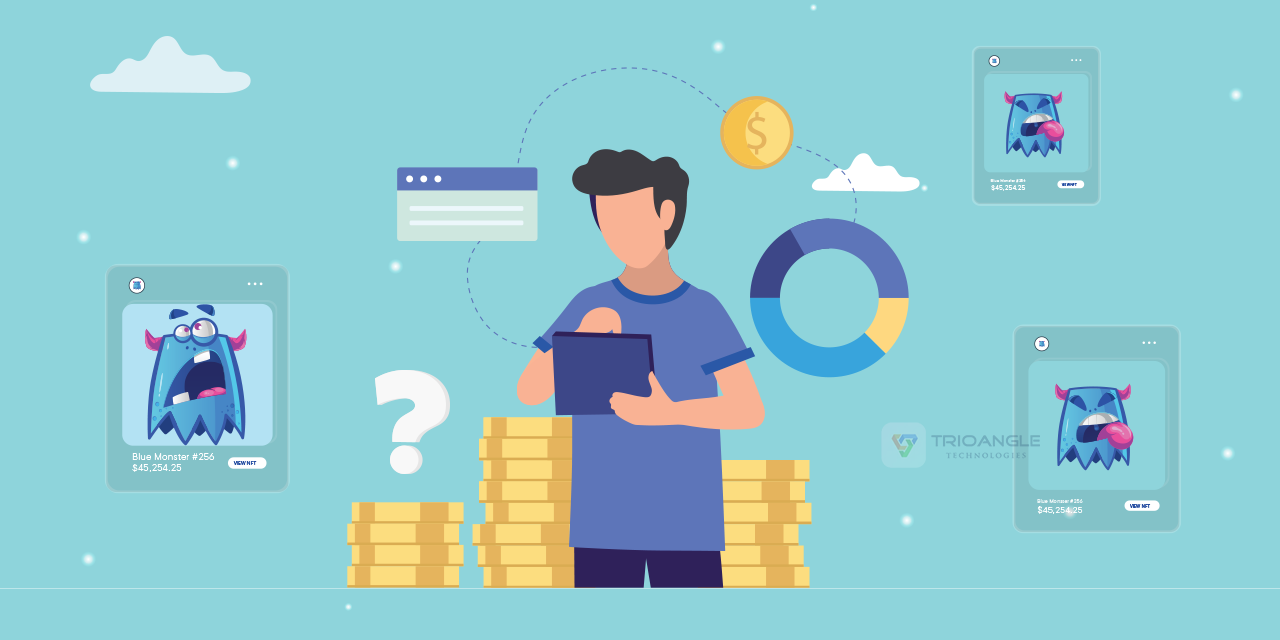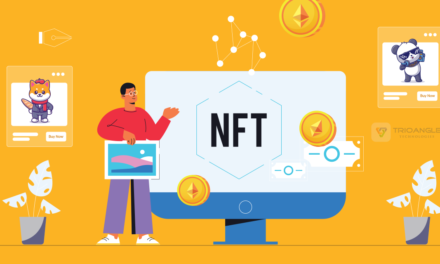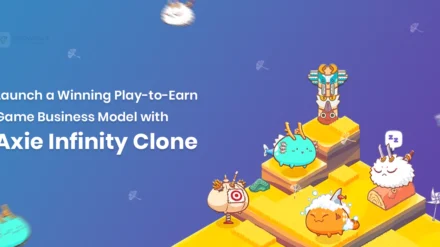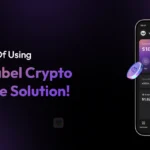NFTs, or Non-Fungible Tokens, are digital assets distinguished by their unique metadata codes stored on blockchain ledgers, ensuring their distinctiveness and ownership. Unlike fungible tokens, NFTs like OpenSea clone script are one-of-a-kind and cannot be swapped for another. the cost decided by the NFT Marketplace Development Company depends on various processes inside in it.
Each NFT holds its intrinsic value, varying based on factors such as rarity, demand, and historical significance. The cost value highly depends on how NFT creation occurs. Let’s know how NFT creation will be.
NFT Creation in NFT Marketplace
The process of creating NFT is known as NFT Minting. The terminologies that make your choices when minting NFT happen are listed as follows:
Blockchain technology
Every block within the blockchain comprises numerous transactions, and with each new transaction, it is appended to the ledgers of all users in the network. This technology guarantees the impossibility of altering, hacking, duplicating, or circumventing the system, ensuring its integrity and security.
NFT Marketplaces
A digital hub designed for housing, displaying, trading, purchasing, and vending NFTs. It operates akin to e-commerce platforms. NFT marketplaces are integrated with diverse blockchains, facilitating NFT exchanges using cryptocurrency. Numerous NFT marketplaces also offer users the capability to create NFTs directly on their platforms, a process commonly referred to as “minting.”
Crypto Wallets
Many NFT marketplaces are compatible with multiple wallets. Crypto wallets play a crucial role in safeguarding your asset keys, underscoring the importance of selecting a wallet renowned for its robust security measures.
User Account Creation
To begin, you’ll need to establish an active account on the NFT marketplace and seamlessly integrate your crypto wallet. Once your account setup is complete, you can proceed to mint your NFTs and engage in trading activities.
Determinants of NFT Minting In NFT Marketplace
Gas Fee
A gas fee represents the cost incurred for processing transactions on blockchains. It is determined based on the current demand within the blockchain network when the transaction is initiated. Activities such as minting an NFT, listing it, accepting bids, transferring ownership, and purchasing NFTs all entail a gas fee.
Account Fee
Account fees refer to the charges levied by the NFT marketplace. These fees are incurred as a one-time expense during the setup of your marketplace account and the integration of your crypto wallet into the platform.
Listing Fee
Certain NFT marketplaces offer users the ability to mint NFTs without charge, yet impose a fee for listing them for trading, commonly referred to as a listing fee.
Platforms like OpenSea or Rarible offer this service, enabling users to create and list NFTs at no cost upfront.
This approach, commonly referred to as lazy minting in the digital realm, entails paying all fees only upon the sale of your NFT. Additionally, a 2.5% fee is levied on the NFT’s final sale price.
Initially, your NFT is published “off-chain,” residing solely on the marketplace servers rather than the main blockchain. It transitions to the main blockchain only upon being sold, effectively creating a “ticket” to the NFT Marketplace Development until it finds a buyer.
Breakdown of The NFT Marketplace Development Cost
Unlocking the potential of an NFT marketplace requires understanding its development costs, influenced by many factors. Building a platform from the ground up demands both time and substantial investment. Here’s a glimpse at some key elements impacting NFT marketplace expenses:
- Streamlined Efficiency
- Peak Performance
- User-Friendly Interface
- Fortified Security
- Seamless Adaptability
Similarly, the factors that have a high influence on the cost of the NFT marketplace development are listed as follows:
Tech-Stack Taken
Crafting a thriving NFT marketplace hinges greatly on the technology stack chosen for the venture. This stack encompasses an array of frameworks, coding languages, databases, and tools pivotal in constructing the platform.
In this segment, we’ll delve into blockchain development platforms, storage solutions, front-end and back-end development tools, as well as NFT standards.
Blockchain Platforms Considered
Multiple blockchain platforms serve as foundations for NFT marketplace development. Alongside Ethereum, alternatives such as Binance Smart Chain, Solana, and Polkadot have gained prominence due to their scalability and reduced transaction costs.
Storage Platforms
Aside from IPFS, Pinata, and FileCoin, developers have the option to leverage alternative storage platforms like Arweave, Storj, or Sia to securely store NFT data and ensure accessibility.
NFT Marketplace Development
Although ERC-1155 and ERC-721 stand as widely adopted NFT standards, alternatives like NEP-11 (for the NEO blockchain) and TRC-721 (for the TRON blockchain) exist. Developers select the most suitable standard according to the blockchain they’re employing.
Backend Framework
In the backend development of NFT marketplaces, developers often utilize frameworks such as Node.js with Express, Django, Ruby on Rails, or Laravel. These frameworks offer robustness, scalability, and efficiency in managing the marketplace’s logic and database operations.
Frontend Framework
Technological stacks like Next.js, React, Vue, Bootstrap, among others, are frequently employed for crafting the frontend segment of NFT marketplaces.
The cost associated with the NFT Marketplace development comprises as follows:
- UX/UI Development – 2395 – 5040 USD
- Authorization & Security – 3285 – 8640 USD
- User Profiles & Resources – 2385-5040 USD
- Home Page – 3645 – 10080 USD
- Search & Filter – 4005-11520-USD
- Product page – 2385-5040 USD
- Reviews & Ratings 2565-5760 USD
- Inventory Management 2385 – 5040 USD
- Admin 3775 – 10200 USD
The expense of developing an NFT marketplace hinges on the complexity of the project. Building the platform from scratch in-house could range from $200,000 to $300,000, factoring in development, design, infrastructure, and other associated costs.
Concluding Remarks
To cut costs, I suggest considering software outsourcing coupled with pre-built solutions. Partnering with a software outsourcing company can significantly reduce expenses.
For instance, collaborating with Trioangle, an NFT Marketplace Development Company to develop the initial version of your NFT marketplace app could cost approximately $120,000 to $180,000, inclusive of third-party service integration and the Discovery stage.
Utilizing third-party services could save an additional $50,000 to $80,000. The potential demands increase in NFT marketplace costs based on your customization requirements.
Developing a bespoke NFT marketplace development company from scratch will likely incur higher expenses compared to utilizing a pre-built solution.








